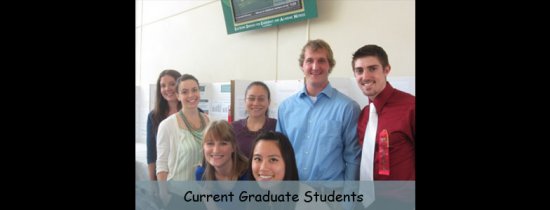
The APA-accredited1 Clinical Training Program in the Department of Psychology at the University of Utah follows the principles of a clinical science2 model, which calls for rigorous training in the application of scientific principles to both the research and applied aspects of clinical psychology. We are committed to providing students with high-quality training in empirical research and in clinical work that is well-grounded in science. In order to accomplish these goals, the program draws upon the interests and versatility of the clinical faculty as well as the faculty in other areas of our highly collaborative department, in addition to many excellent training sites both on and off campus.
Students who thrive in our program tend to be those who have a substantial interest in research and intend for research to be a significant part of their future careers. Our program provides students with exposure to a broad range of evidence-based theoretical approaches. Students also have considerable flexibility in individualizing their course of study, and they may opt to cross areas within the department. Within this flexible framework, however, students are expected to select their electives, clinical settings, and research topics in such a way as to develop a "core professional identity." In addition to the core training in adult psychopathology, students may choose to follow the curriculum guidelines of one of the areas of specialization - Clinical Child and Family, Clinical Health/Behavioral Medicine, or Clinical Neuropsychology - as well as of the interest group in Human Sexuality.
faculty w/ clinical psychology focus
Katherine J.W. BaucomBrian Baucom
Craig J. Bryan
Sheila Crowell
Matthew Euler
Michael Himle
David M. Huebner
Patricia K. Kerig
Timothy W. Smith
Donald S. Strassberg
Yana Suchy
Paula G. Williams
1APA - Committee on Accreditation
750 First Street, NEWashington D.C.
(202) 336-5979
2Clinical Science Model
As defined by the Academy of Psychological Clinical Science, the term "Clinical Science" refers to a training model that emphasizes the application of knowledge directed at the promotion of adaptive functioning in ways that are consistent with scientific evidence. In this regard, our program maintains a commitment to empirically-based approaches to investigating the validity of hypotheses regarding human functioning and interventions and to advancing knowledge by the use of the scientific method in whatever endeavors we are engaged in, whether research, teaching, or clinical work . As McFall (1991) has written: "Scientists are not necessarily academics, and persons working in applied settings are not necessarily nonscientists. Well-trained clinical scientists might function in any number of contexts—from the laboratory, to the clinic, to the administrator's office. What is important is not the setting, but how the individual functions within the setting, " and thus the best graduate education in clinical psychology focuses on "training all students to think and function as scientists in every aspect and setting of their professional lives."The Clinical Child and Family (CCF) Program
The Child Clinical and Family Program at the University of Utah emphasizes an integration of clinical and developmental theory and research. The general goals of the CCF program are to train students to develop competence and expertise in the following areas:- Theories underlying clinical research and practice with children, adolescents and families
- Specific methodological issues relevant to conducting psychological research with children, adolescents, and families
- General clinical skills (diagnostic skills, assessment skills, alliance building skills, intervention skills) necessary for working effectively with specific populations of children and adolescents
- Interpersonal skills necessary for working with systems (family, school, community) relevant to the development of children and adolescents
- Cultural diversity training relevant to (a) providing appropriate clinical services to and (b) conducting culturally sensitive clinical research with youth and their families
- The unique professional and ethical issues involved on working with youth and families
The Clinical Health and Behavioral Medicine Program
The Health Psychology and Behavioral Medicine Specialization is intended to train psychologists who are experts in theory, research, and the application of health psychology. Students learn basic psychological theory and research, and learn how to integrate this with current biomedical knowledge in order to work effectively in medical settings. Clinical students pursuing this specialization gain training and experience consulting with health care professionals, working as part of an interdisciplinary treatment team, and assessing and conducting psychological interventions with a variety of medical patients.Clinical students who pursue this specialization complete all requirements of our APA-approved clinical training program, conduct research with health psychology faculty throughout their time in the program, and take a set of health psychology courses as part of their electives. Clinical students are required to take a Behavioral Medicine Practicum and to complete their pre-doctoral clinical internship in a setting that provides additional training in clinical health psychology.
Source: www.psych.utah.edu
|
(health) DISORDERS OF BEHAVIOR AND HEALTH (Book + 14 CE Credits or 14 CME Credits) Volume 2, Handbook of Clinical Health Psychology by T. Boll, Ph.D., J. Rasczynski, Ph.D., and Laura Leviton, Ph.D., ISBN 1591470919 (continuing education, psychology, social work, psychiatry, evidence based practices) Home (Red Toad Road Company)
|
You might also like:
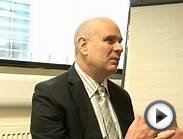


|
(ethics, law) Ethics in Plain English-2nd Edition (Book + 10 CE Credits) by Thomas Nagy, Ph.D, ISBN 1591472016 (continuing education, psychology, social work) Single Detail Page Misc (Red Toad Road Company)
|
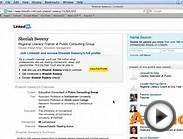
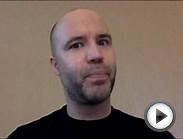
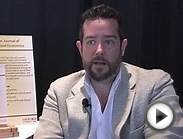
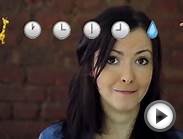
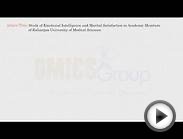


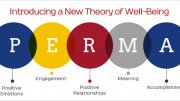

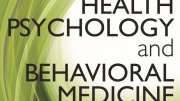
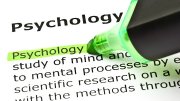
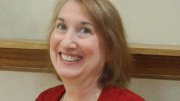









Most often five years, counting the internship.